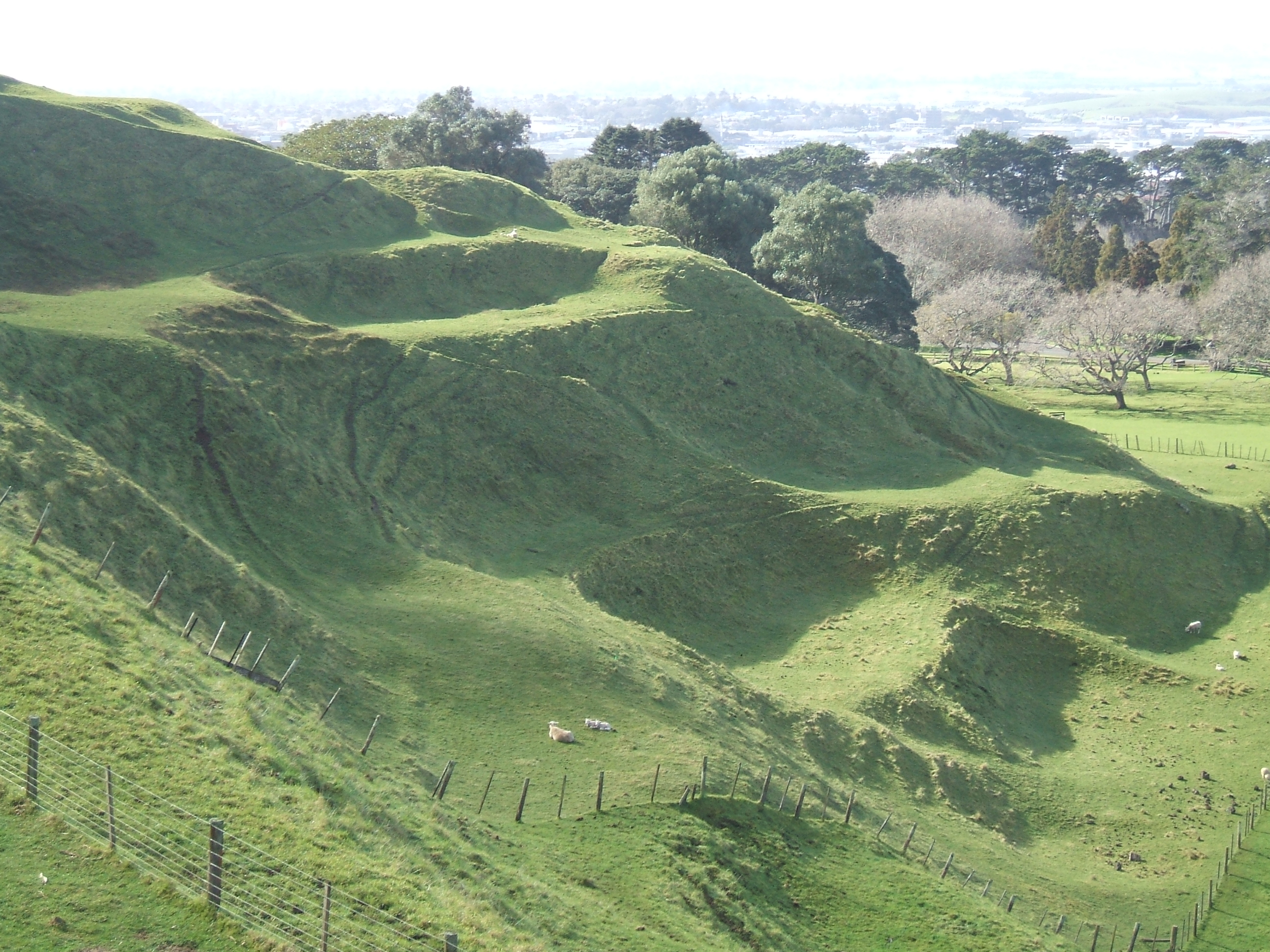News release
From:
Dr Martin Brook, Professor of Applied Geology, University of Auckland, and study author comments:
"Landslides on Maungakiekie/One Tree Hill have rarely happened in the past. The landslides seemed to all occur on the terraced slopes, constructed by Māori prior to European colonisation. In a sense, it's an example of anthropogenic effects on landsliding - steepening the natural slopes artificially (in this case for agriculture etc), and eventually, due to extreme rainfall in January 2023, the slopes failed.
"The other interesting point is that the terraces were made over 200 years ago, and have largely remained intact since then. This could be seen to corroborate the NIWA climate data that suggested the 27 January was possibly a 1-in-200 year event."



 New Zealand
New Zealand



